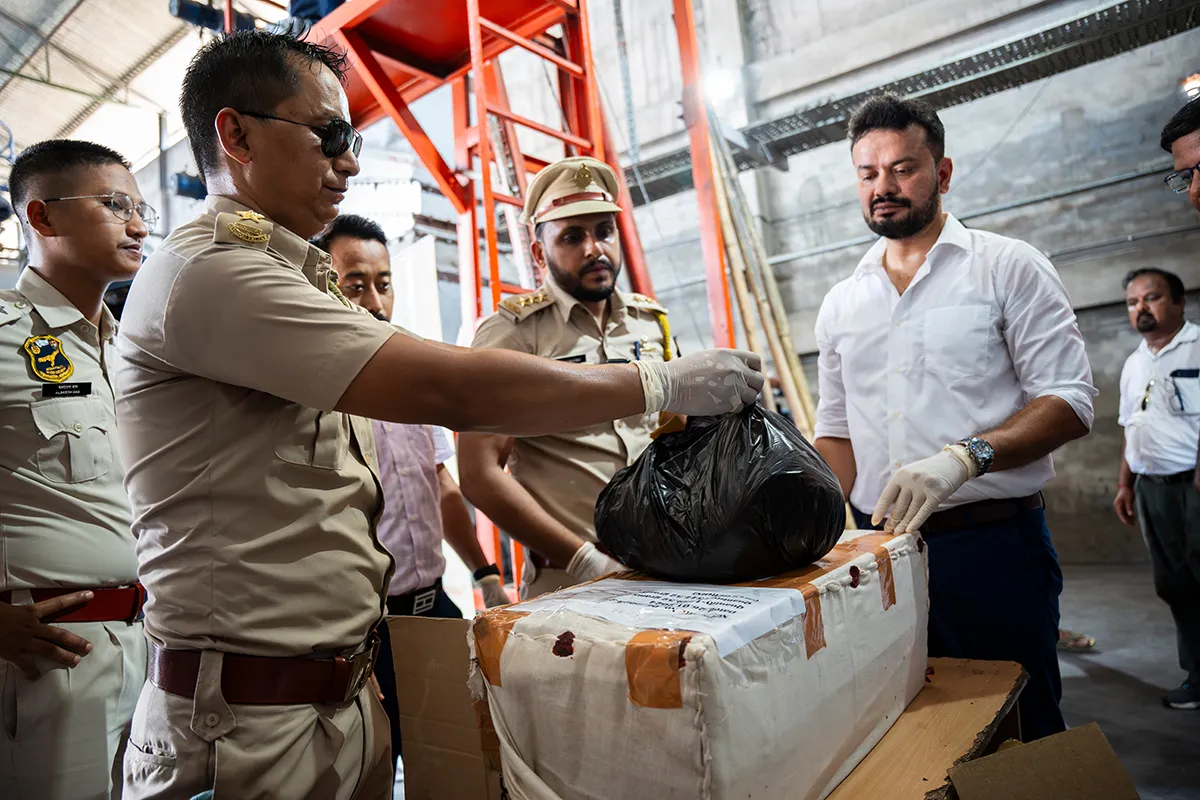This article is part of a series in observance of the 20th anniversary of September 11, 2001. InDepth asked CNA analysts to submit their memories of that day and how it shaped their careers as national security professionals.
On the morning of September 11, 2001, I landed in New York City after an overnight flight from San Francisco. I had been at a conference, flew back home and headed straight to work from the airport at around 6 a.m. that morning. I was an equities trader for an investment bank in lower Manhattan, just south of the World Trade Center. As usual, life on the trading desk was hopping that morning as we waited for the morning bell to open trading. I was on the top floor of our building, and it was a beautiful day.
I was one row in from the windows that looked over the World Trade Center complex. Suddenly and without warning, there was a huge explosion directly out the windows and a little above. The first plane came from the north, so we didn’t see it hit but saw the remnants as it came out the other side of the building. We were transfixed and frozen in place. That didn’t last long because very quickly our squawk boxes (direct intercoms to trading floors of other companies) came to life. We had a direct link to the Cantor Fitzgerald trading floor, and within what seemed like just seconds we started to hear the panic from the traders on their floor. As we grasped what was happening, we heard the roar of another jet engine that flew past our windows close enough to read “United” on the plane before it crashed into the second tower. I could not believe what I was seeing before my eyes. Within minutes, still unsure exactly what was going on, I headed for the stairs along with everyone else in the building. About 45 minutes later, I emerged onto the street that I had just left two hours earlier to find a whole new world. In the chaos, I started to walk east — away from the World Trade Center.
I will spare the details of what I experienced in the next few hours. Eventually, hours later, I made it to my apartment in the East Village. Much of the next few days are a blur. I lost many colleagues and several friends that day. But on Monday, September 17, 2001, Wall Street reopened, and I was back at work at one of our back-up locations a few blocks further from ground zero.
Within months, I became bored and dissatisfied with my work. It just didn’t seem that important anymore. Life was too short to be spending so many hours doing something for which I no longer had a passion. So, I began to explore other careers. My graduate degree was in public policy with concentrations in finance and security; I had long been interested in government service and national security. I read about CNA on my graduate school’s career page and applied. I traveled to Boston to interview with Mark Geis, who had been managing Marine Corps studies at CNA and later led the Center for Naval Analyses. I got the job, even though I do not follow the typical CNA model of someone with a Ph.D. in a scientific field. In August 2002, I left Wall Street behind, joined CNA and never looked back.
Since then, I have deployed twice to the Middle East: with the Navy’s Expeditionary Strike Group 3 in 2004 and with II Marine Expeditionary Force/Multi-National Force West in 2007 for the surge. My friends and family thought I was crazy to leave Wall Street, and even crazier to go to a conflict zone. My father was convinced that I had actually joined the CIA, and that CNA was a cover story. I still laugh about that. In 2005, I married an Army officer who spent multiple tours overseas. Thankfully, he came home each time. Unfortunately, several of our friends were not so lucky.
The bottom line is that for the last 20 years, both my professional and personal life have been profoundly impacted by 9/11 and America’s response to that day. While I wish 9/11 had never happened, I don’t for a moment regret my choices and life changes that day spurred.



